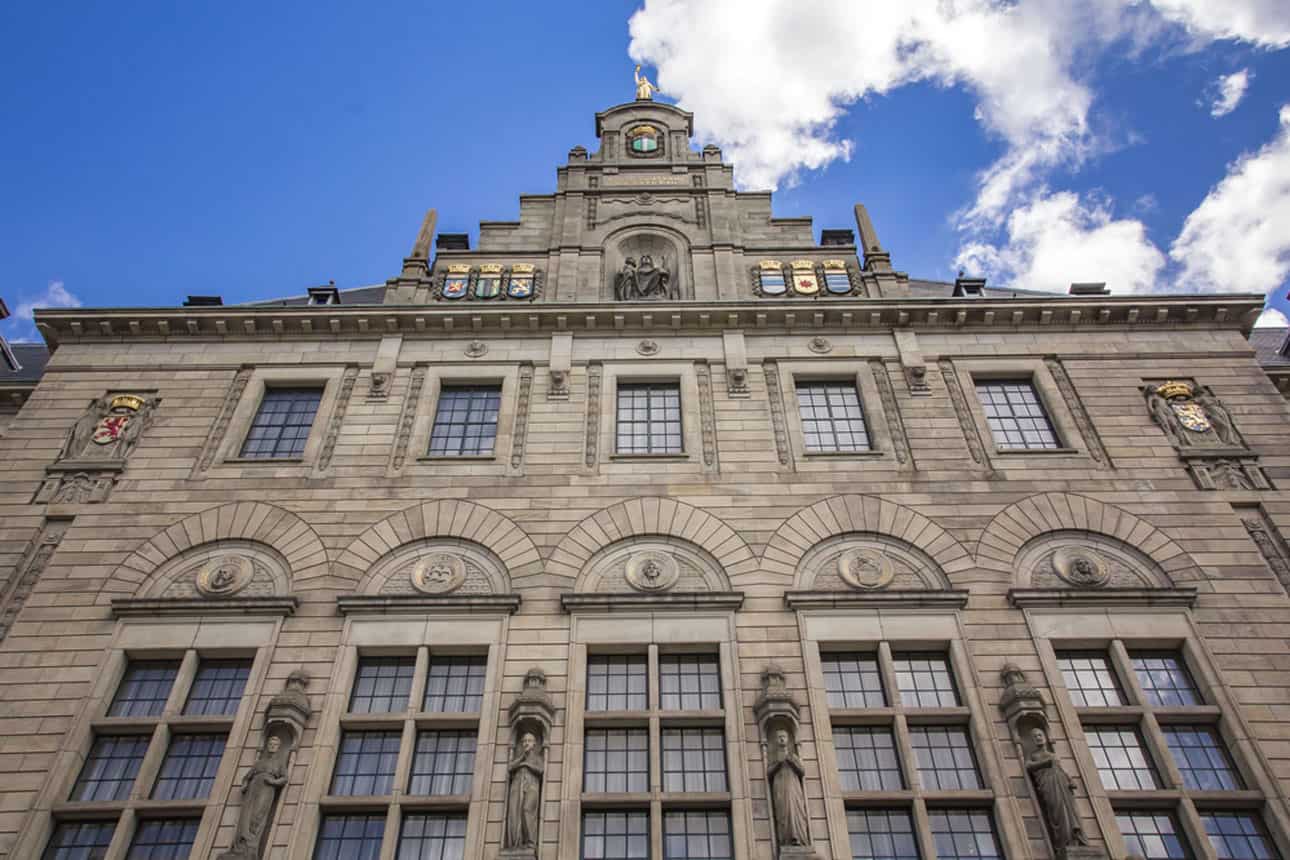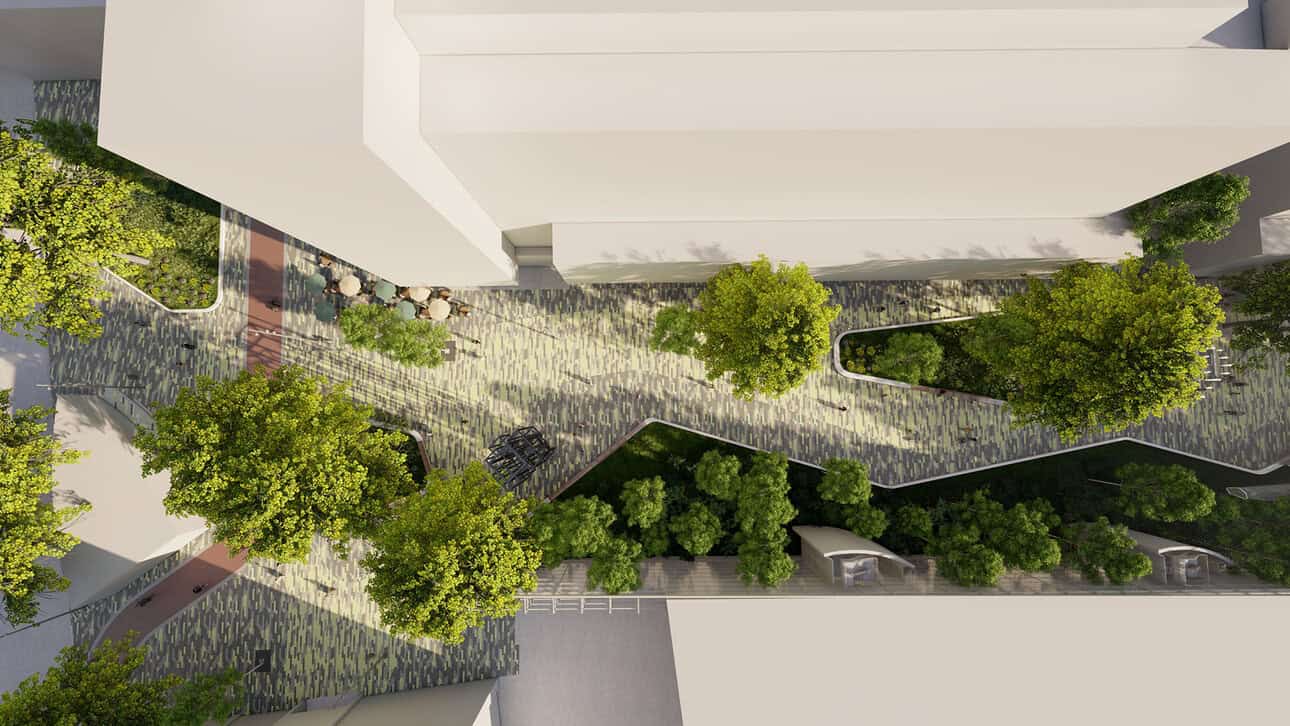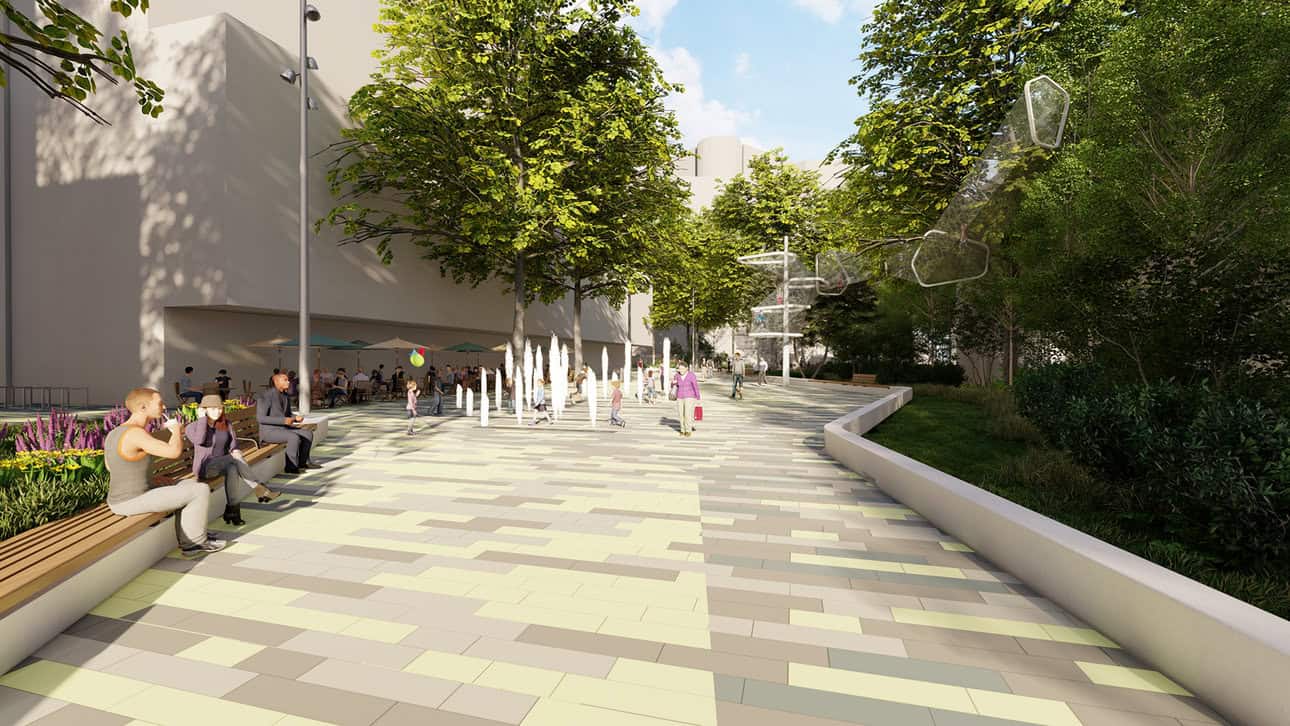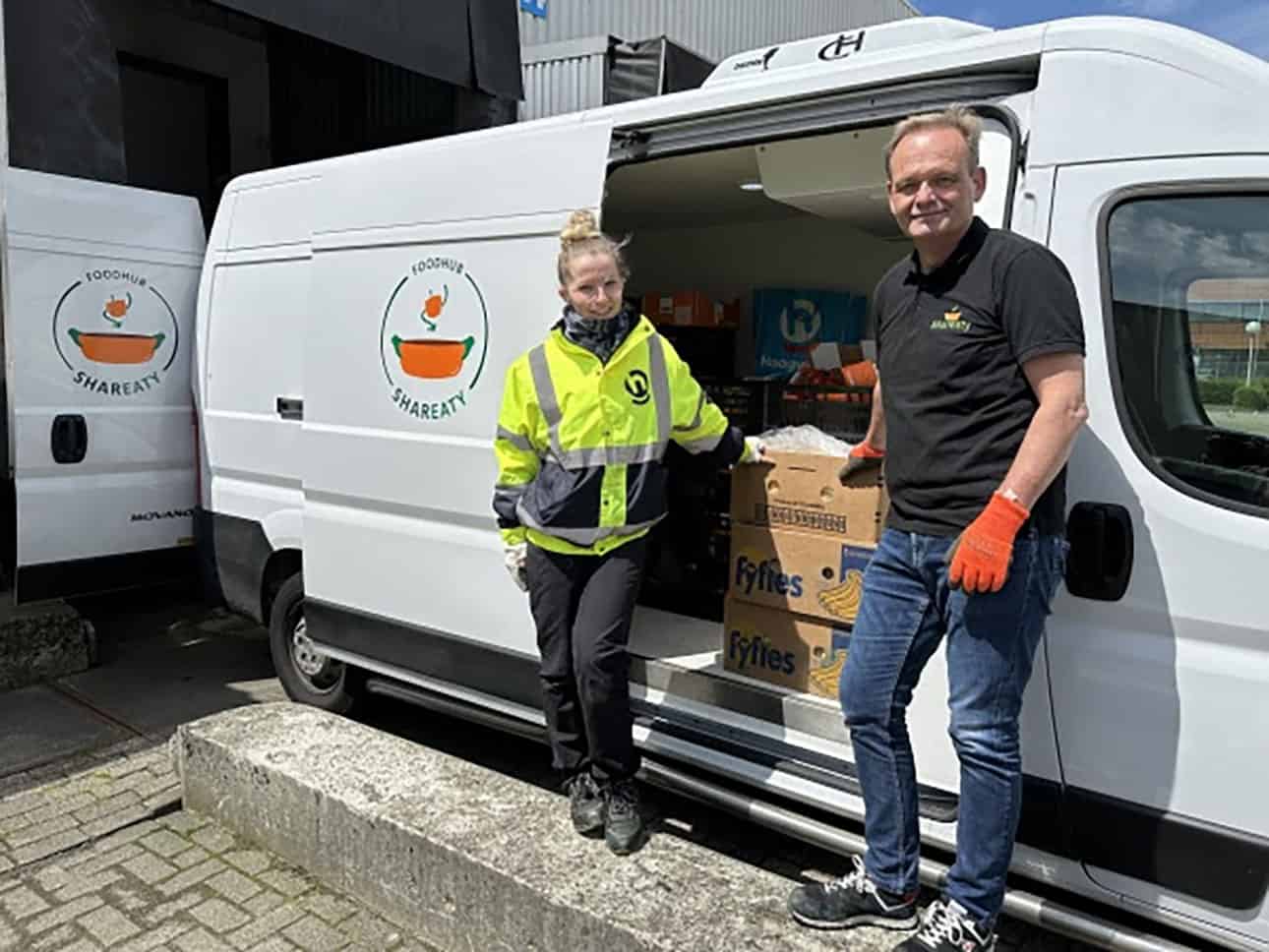ROTTERDAM, 12 July 2024 – A new tidal park has been inaugurated in the Keilehaven area, transforming the former stony quayside into a unique natural habitat. The park, part of the Merwe-Vierhavens (M4H) district, was officially opened by Alderman Zeegers, celebrating the integration of nature into the urban environment.
Keilehaven tidal park opens
The Keilehaven harbour basin has been converted from a rocky expanse to a tidal park, allowing for the natural ebb and flow of water. Alderman Zeegers inaugurated the park on Friday, highlighting its ecological and recreational benefits. The transformation of Merwe-Vierhavens from an industrial harbour area to a vibrant urban space necessitates changes to the public realm. The former stone quays, once used for cargo handling, are being replaced with green spaces. The tidal park aims to connect people with the waterfront and enhance biodiversity.
Tidal terraces
The park features nine tidal terraces, each varying in height to create different microhabitats. These terraces, which are periodically submerged due to tidal changes, support diverse plant and animal life. Species adapted to brackish water conditions, such as certain plants, fish, and birds, now thrive here. Visitors can access the water via a staircase at the head of the Keilehaven.
Increased biodiversity
The dynamic environment created by the tides attracts various species. Birds such as spoonbills and common terns, along with fish like eels and sticklebacks, have found a new habitat in the park. Underwater, two storm-felled trees have been placed to mimic the original riverine ecosystem, providing shelter and restoring the habitat for aquatic life.
Material reuse
In line with Rotterdam’s circular city initiatives, the park was constructed using repurposed materials. Cobblestones from Noordereiland, surplus sand from Museumpark, and discarded concrete paving stones from the Agniessebuurt were all utilised. This approach aligns with the city’s commitment to sustainable building practices.
Waste collection system
The water in the park features a CirCleaner, a system designed to capture plastic and other debris from the surface. This prevents pollution and protects aquatic life, forming part of a broader strategy to keep Rotterdam’s waters clean and reduce waste entering the sea.
Collaboration
The Keilehaven tidal park is a collaborative project involving the Municipality of Rotterdam, the Port of Rotterdam Authority, and various partners, including the European Union’s LIFE programme and multiple local and regional funds. Designed by the Urbanisten, the project integrates sustainability and innovation, with contributions from Noria Sustainable Innovators addressing plastic pollution in waterways.
Location and access
The Keilehaven tidal park is located in the Merwe-Vierhavens district of Rotterdam. The area is accessible by public transport, bicycle, and on foot.








